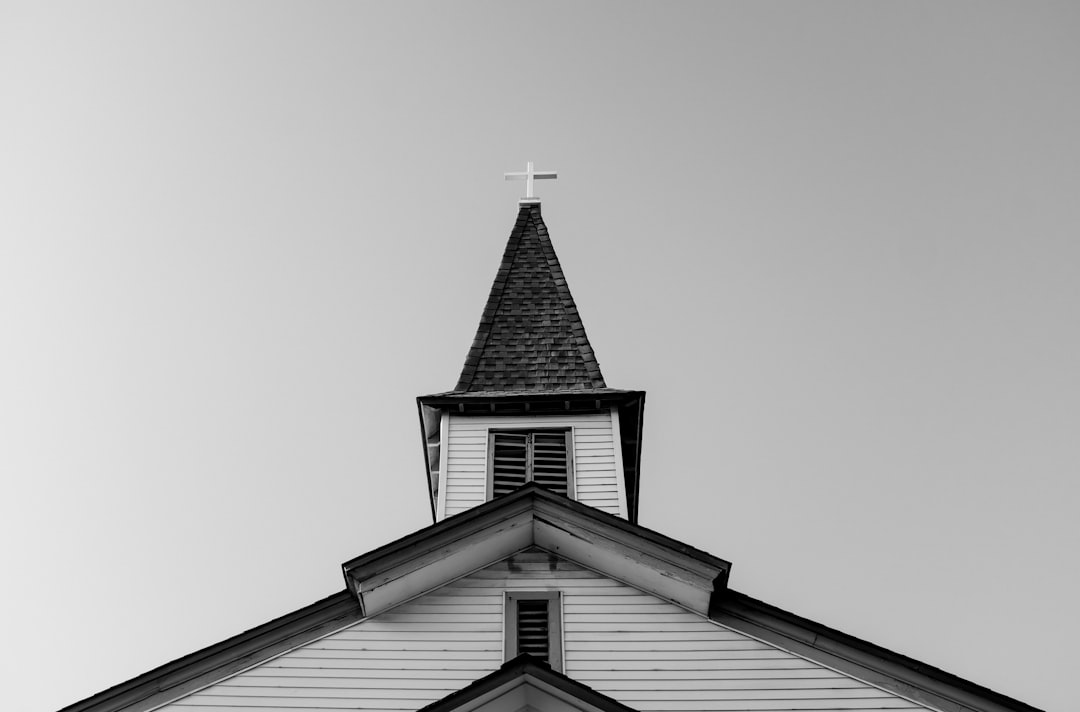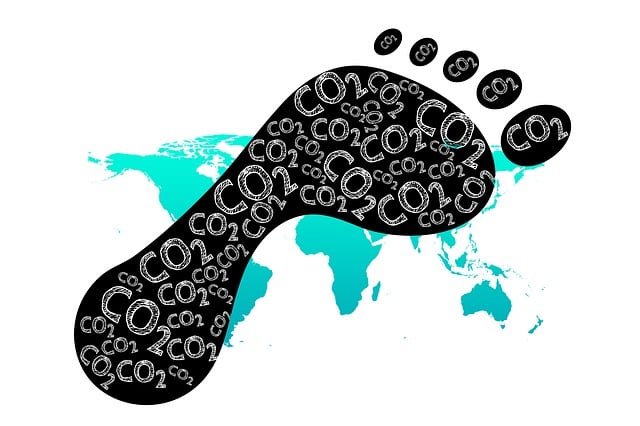In New Jersey, clergy abuse attorneys specialize in helping victims of sexual and emotional misconduct within religious organizations. They navigate complex legal processes, protect victims' rights, and pursue accountability for perpetrators through civil lawsuits or reports. These professionals are crucial in supporting survivors and ensuring justice due to the sensitive nature of clerical abuse cases. Organizations offer additional support, including counseling and hotlines, empowering survivors to take legal action against abusers.
In New Jersey, cases of clergy abuse have garnered increasing attention, underscoring the need for understanding and support. This article delves into the complex issue of clerical misconduct, exploring legal rights available to victims and the importance of choosing competent clergy abuse attorneys in NJ. We guide survivors through navigating legal proceedings and provide resources to foster healing. By arming oneself with knowledge, victims can seek justice and find support in their journey towards recovery.
Understanding Clergy Abuse in New Jersey

Legal Rights for Victims of Clerical Misconduct

In cases of clerical misconduct, victims in New Jersey have specific legal rights and options. If you or someone you know has experienced sexual abuse, emotional harm, or other forms of misconduct at the hands of a clergy member, it’s crucial to understand your rights. The first step is to reach out to clergy abuse attorneys in New Jersey who specialize in these cases. These legal professionals can guide victims through the complex legal process and help them seek justice.
Victims have the right to file civil lawsuits against the abuser, the institution that employed them, or both. Depending on the circumstances, damages may include financial compensation for medical expenses, therapy costs, and emotional distress. Additionally, victims may be entitled to injunctive relief to prevent further harm and ensure the abuser no longer has access to vulnerable individuals. Clergy abuse attorneys in New Jersey can help navigate these options and protect the rights of victims while pursuing accountability for the perpetrators.
Choosing the Right Clergy Abuse Attorneys

Navigating Legal Proceedings in New Jersey

In New Jersey, navigating legal proceedings related to clergy abuse cases can be a complex and emotional journey. Individuals who have suffered at the hands of religious leaders often face unique challenges when seeking justice. The state’s legal system requires a careful approach, especially considering the sensitive nature of these matters. Clergy abuse attorneys in New Jersey are well-versed in handling such cases, providing crucial support to victims. They guide their clients through every step, ensuring they understand their rights and options.
These legal professionals have extensive knowledge of the state’s laws and regulations pertaining to clergy misconduct. They help victims file lawsuits or make reports to relevant authorities, aiming to hold accountable those who have committed abuse. With their expertise, they navigate the sometimes labyrinthine legal processes, ensuring that the rights of the abused are protected.
Support and Resources for Survivors

Surviving clergy abuse can be a challenging and emotional experience, but there is support available for those who have been affected. Many organizations in New Jersey offer resources and legal assistance to help survivors navigate their journey towards healing and justice. One crucial step is reaching out to reputable clergy abuse attorneys who specialize in these cases. These professionals can provide guidance, answer legal questions, and help survivors understand their rights and options for seeking compensation or other forms of relief.
Support groups, counseling services, and hotlines dedicated to helping victims of clergy abuse are also invaluable resources. They offer safe spaces for individuals to share their experiences, receive emotional support, and begin the process of healing from trauma. Many organizations in New Jersey work tirelessly to ensure that survivors have access to these essential services, empowering them to take legal action against abusers and hold accountable those who have caused them harm.





